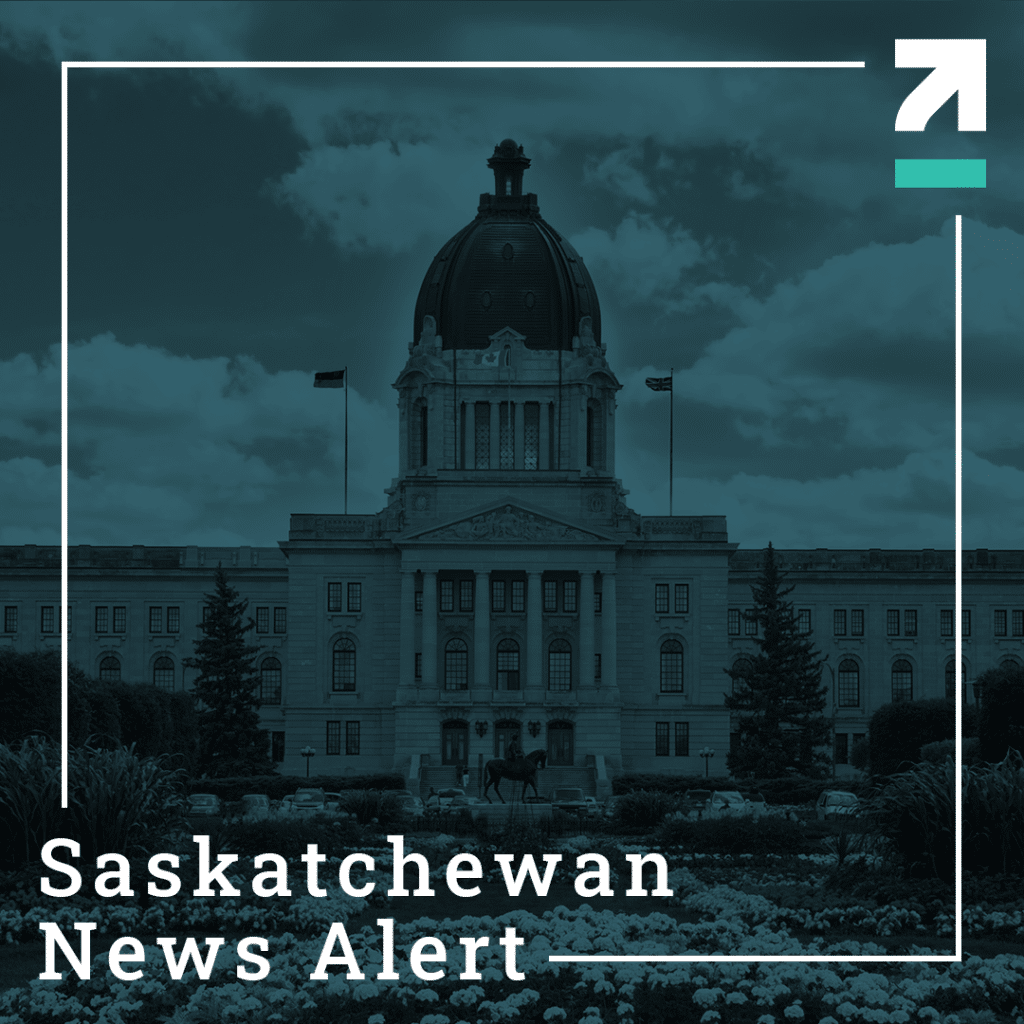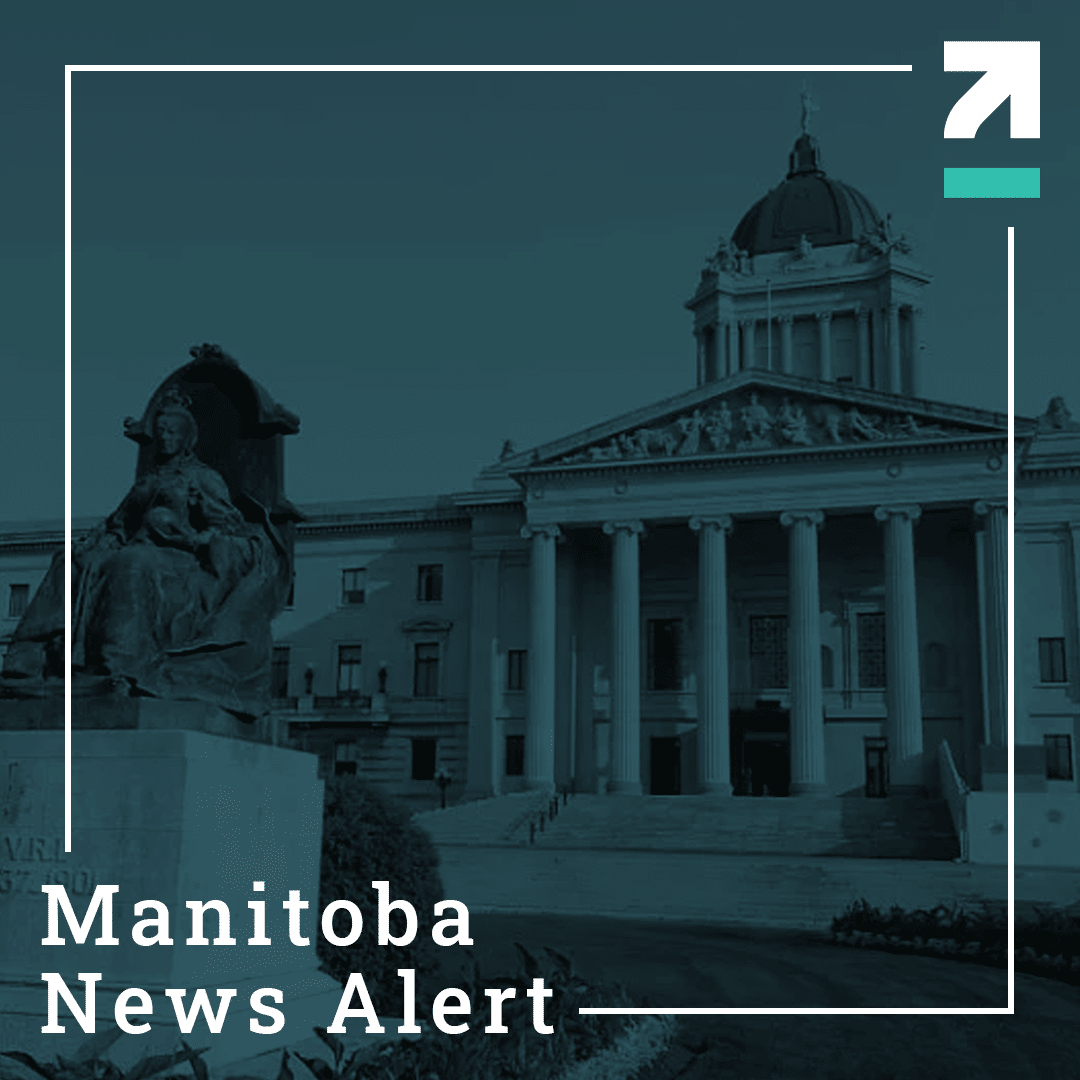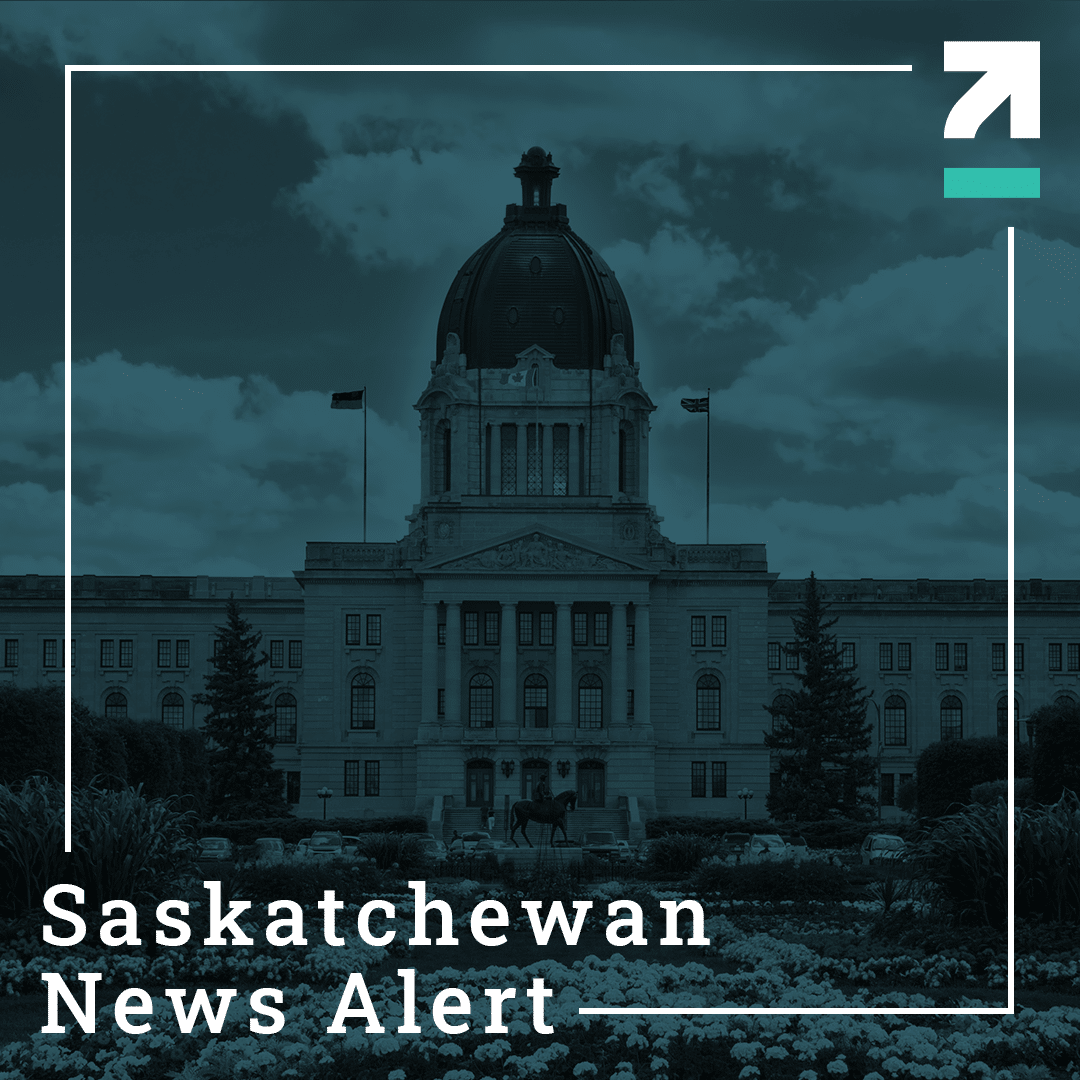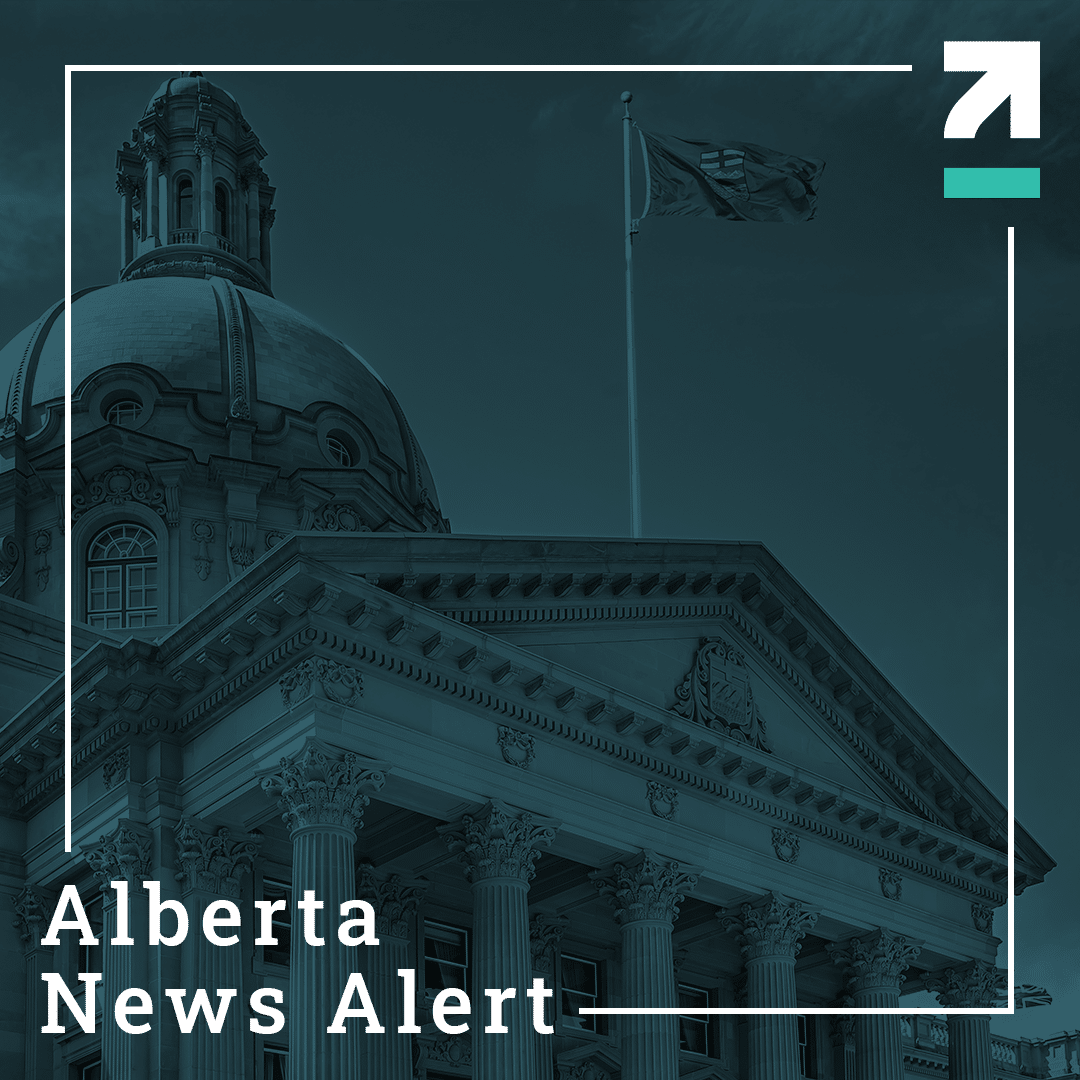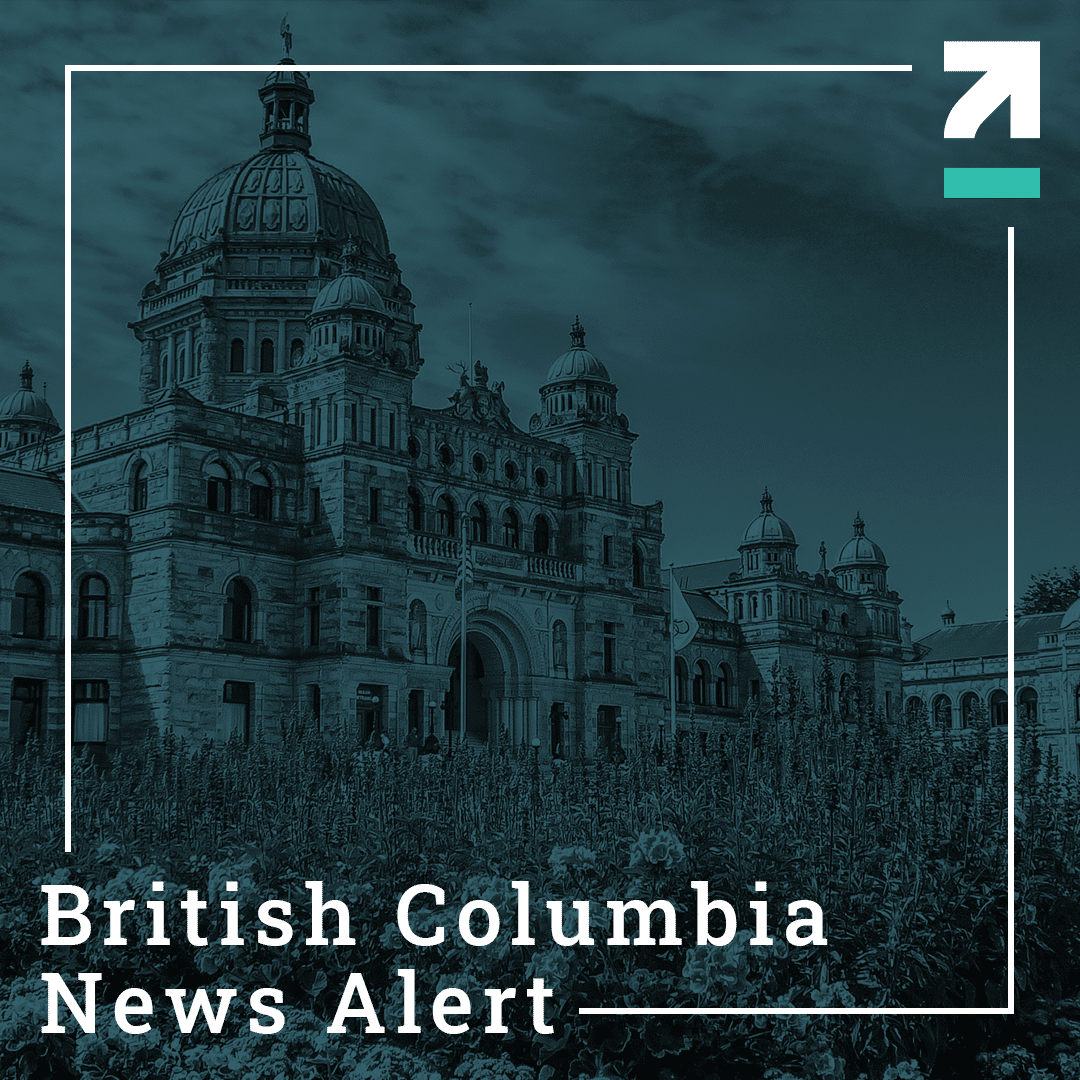Background
With an election due in 2024, the 2023 provincial budget is an important one as it sets the stage for the Saskatchewan Party’s re-election bid. Successful implementation will go a long way to strengthen the party’s already solid support. The morning before it was released, Premier Moe issued a press release announcing that Saskatchewan’s population had grown by 29,307 people in 2022, the largest single-year increase in population since 1914. This messaging—that Saskatchewan is growing and an attractive place for both people and investment—is consistent with previous government messaging and sets the stage for a budget that is focused on maintaining momentum. “Saskatchewan is growing at its fastest pace in more than a century,” Finance Minister Harpauer said in her budget address, “This budget is designed to ensure that growth continues and that it’s growth that works for everyone.”
Details
The budget focuses on affordability, economic growth, and health care. The budget projects a $1 billion surplus and introduces no new taxes nor increases any existing ones.
Revenue of $19.7 billion is forecast in 2023-24, up $2.5 billion, or 14.7 per cent, from last year’s budget. The higher revenue forecast is largely due to $9.6 billion in taxation revenue, a $1.5 billion increase over last year with corporate income, personal income, and provincial sales tax revenue reflecting a strong economy.
Non-renewable resource revenue is forecast to be $3.3 billion, up $435 million over last year’s budget, largely driven by potash and oil prices.
Notable spending includes:
- Health care spending sees a 6.7 per cent increase, for $6.9 billion in total health spending.
- $3.1 billion for Education, an increase of $192.8 million or 6.7 per cent over last year. Saskatchewan’s 27 school divisions will receive $2 billion in operating funding, an increase of $49.4 million over last year.
- $382.4 million for early learning and child care, an increase of $72.1 million or 23.3 per cent over last year. The funding will reduce child care fees for families of children up to the age of six to $10 per day as of April 1, 2023.
- $764.8 million for the post-secondary education sector this year, an increase of $24.5 million or 3.3 per cent.
- Social Services budget is $1.7 billion, including an additional $26.6 million in benefits to support people with low incomes, families, and seniors.
- A $13.5 million increase for social services community-based service delivery partners is part of the government’s total $17.6 million increase for community-based organizations (CBOs) which are also funded through the ministries of Education, Health, Justice and Attorney General and Corrections, Policing and Public Safety.
- $1.0 billion in investments in public safety and the justice system.
- $7.0 million to establish the new Saskatchewan Marshals Service (SMS) to increase policing capacity within the province, with a focus on rural and remote areas.
- $297.9 million for Municipal Revenue Sharing, an increase of $35.3 million or 13.4 per cent, from last year’s budget. The budget includes $503 million of direct provincial support to municipalities, an increase of $54.5 million or 12.2 per cent over last year’s budget, primarily due to higher revenue sharing, the provincial portion of infrastructure funding and a number of grants and initiatives from across government.
- The 2023-24 Budget includes $249.1 million in targeted funding for Indigenous and Métis people and organizations, representing an increase of 6.8 per cent from last year.
- $15.2 billion in planned capital investment over the next four years, including $337.6 million for health care capital, an increase of $181.0 million from last year, $442.9 million into transportation capital, including over 1,000 kilometres of improvements on provincial highways, $152.3 million for education capital, $348.1 million for municipal infrastructure, and Crown corporations will invest $2.1 billion into major capital in 2023-24, largely through SaskPower, SaskEnergy and SaskTel for a number of electricity generation, gas transmission and distribution and communication network projects.
Get in Touch
As Western Canada’s Public Affairs firm, Canadian Strategy Group can help you read between the budget lines to help position your organization for government priorities. Contact Graham Stewart, Partner, to learn more.
Graham Stewart, Partner
306.539.0304

